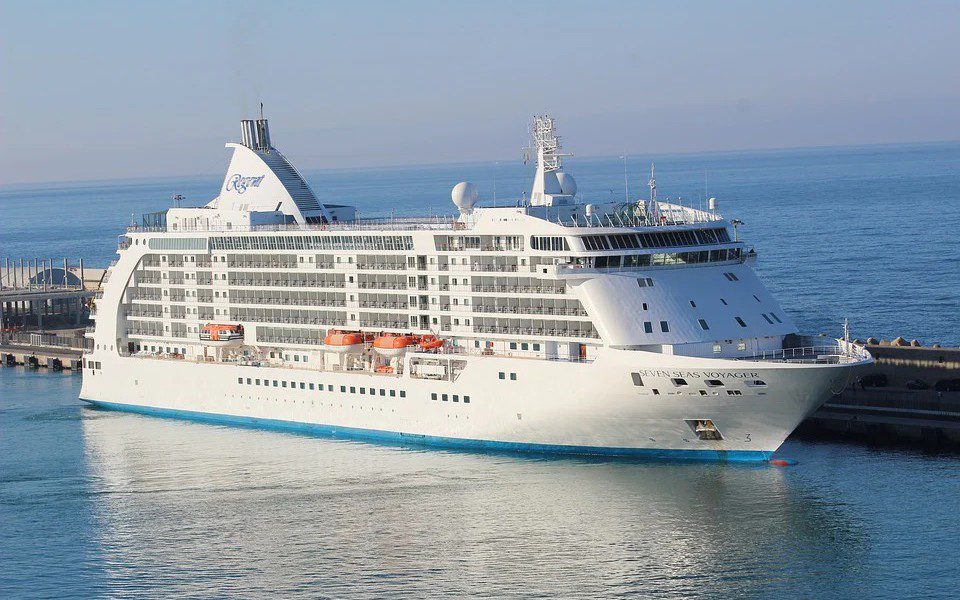Spot LNG procurement by end-users in Asia has slowed significantly in the week ending July 8, as high prices force them to call off buy tenders and reconsider buying strategies for the next quarter.
Asian LNG prices climbed above $43/MMBtu during the week, with European geopolitical dynamics escalating and prompt demand strengthening as a heatwave swept pass Asia.
The Platts JKM for August was assessed at $/MMBtu July 8, hovering near the five-month high of $/MMBtu on July 5, S&P Global Commodity Insights data showed.
Earlier in the week, rising uncertainties regarding the return of gas after the Nordstream 1 maintenance and high volatility amid strikes in Norway and Australia pushed European gas prices higher.
Platts assessed the September Dutch TTF at the Singapore close at $/MMBtu on July 8, up from the July 7 Singapore close of $/MMBtu, S&P Global data showed. The /TTF derivatives spread was assessed at minus $14/MMBtu on July 8, widening from $/MMBtu on June 30.
Asian buyers said that the high prices in Europe has trickled into Asia, as traders from the Atlantic seek to keep cargoes in the region as supply remains tight.
“European traders saw JERA and GAIL picking up [LNG cargoes] at $35/MMBtu to $36/MMBtu last week, so they needed to price TTF to a level that Asian buyers can’t buy,” a Singapore-based trader said.
Market participants said that the high JKM price was unsustainable and will likely result in demand destruction in Asia, as traders rethink portfolios and turn to other alternatives.
“Asian buyers might have reached the upper limit in terms of buying price and may witness further demand destruction if prices continue to trend higher,” a trader in Singapore said.
Tenders canceled
In a sign of evaporating demand, Thailand’s PTT was widely reported to have canceled its buy tender seeking six cargoes for July to August delivery, with market sources indicating that PTT will potentially look to gasoil instead to fulfil its requirements.
“PTT tender was withdrawn, oil prices came down sharply and gas price increase was too much,” a trader said. PTT could not be reached for a comment.
In India, GAIL was heard not to have awarded a 12-cargo swap tender for Dahej cargoes with Sabine Pass volumes for November 2022 to October 2023. One source with knowledge of the matter said the swap differential levels were not satisfactory to GAIL, but this could not be confirmed with the company.
Multiple sources in India said industries are increasingly switching to alternatives and power plants to coal, as LNG becomes increasingly unattractive due to the high prices.
In China, sources said there was a significant premium for international spot market JKM prices over that of trucked LNG gas, and demand is expected to stay muted with inventories remaining well-balanced.
“The LNG domestic price is around Yuan 6,/mt, so [LNG] prices are too high and limiting the demand,” a Chinese trader said.
China’s CNOOC was heard to have sold a cargo bilaterally to an oil major at a small discount to JKM the week ended July 1, sources said.
Even as Japan and South Korea face higher temperatures due to an unexpected heatwave, trading activities in the two markets have largely slowed down as prices push higher, market sources said.
“Prices are high at the moment, we are just watching the market move, but there is demand from the Japanese and South Korean utilities,” a trader shared said, adding that activities have slowed down considerably as prices trend higher.






